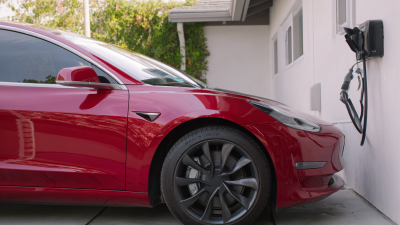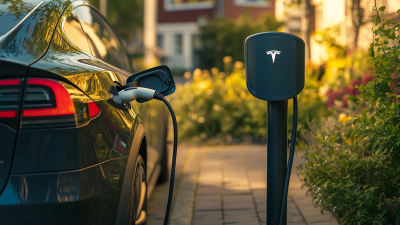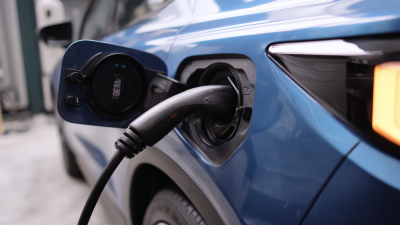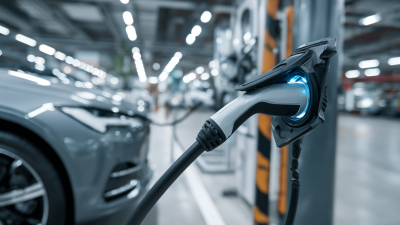 Choosing the right Electric Car Charger for Home use is essential for maximizing the efficiency and convenience of charging your electric vehicle. With a variety of options available on the market, selecting a charger that meets your specific vehicle's charging needs can be overwhelming.
Factors such as charging speed, connector compatibility, and installation requirements all play a crucial role in the decision-making process.
Understanding the unique charging capabilities of your vehicle, as well as how they align with your daily driving habits, is vital to ensure you select a suitable home charging solution.
This guide will walk you through the key considerations to keep in mind when choosing the best Electric Car Charger for Home, helping you make an informed decision that enhances your electric vehicle experience while ensuring safety and efficiency.
Choosing the right Electric Car Charger for Home use is essential for maximizing the efficiency and convenience of charging your electric vehicle. With a variety of options available on the market, selecting a charger that meets your specific vehicle's charging needs can be overwhelming.
Factors such as charging speed, connector compatibility, and installation requirements all play a crucial role in the decision-making process.
Understanding the unique charging capabilities of your vehicle, as well as how they align with your daily driving habits, is vital to ensure you select a suitable home charging solution.
This guide will walk you through the key considerations to keep in mind when choosing the best Electric Car Charger for Home, helping you make an informed decision that enhances your electric vehicle experience while ensuring safety and efficiency.
When choosing the best electric car charger for home use, understanding your electric vehicle's charging specifications is crucial. Most electric vehicles (EVs) have standard charging capabilities categorized into Level 1, Level 2, and DC fast charging. According to the U.S. Department of Energy, Level 1 charging typically provides about 4-5 miles of range per hour, using a standard 120-volt outlet, while Level 2 charging, requiring a 240-volt outlet, can deliver 10-60 miles of range per hour depending on the charger’s power output and the vehicle's acceptance rate. Selecting the appropriate Level 2 charger may allow for a completely depleted battery to be fully charged overnight, which is ideal for daily commuters.
It’s also essential to consider the charging power specifications of your particular EV model. For instance, some vehicles, like the Tesla Model 3, can accept a maximum of 11.5 kW on a Level 2 charger, while others may only support up to 6.6 kW. According to a report by the International Energy Agency, the global sales of electric cars reached 6.6 million units in 2021, emphasizing the growing need for efficient home charging solutions that cater to various vehicles. Therefore, ensuring your home charger aligns with your car's capabilities not only maximizes charging efficiency but also enhances the overall driving experience.
When considering how to choose the best electric car charger for home use, it's essential to evaluate the different types of chargers available. The most common distinctions are Level 1 and Level 2 chargers. Level 1 chargers utilize a standard 120-volt outlet, making them easy to use and install. However, they provide a slower charging rate, which may not meet the needs of electric vehicle (EV) users who drive longer distances or require faster turnaround times. They are ideal for those who can charge their vehicles overnight and don’t require extensive daily use.
On the other hand, Level 2 chargers operate at 240 volts and offer a significantly quicker charging solution. These chargers are typically recommended for regular EV owners, especially for those who rely on their cars for daily commuting. Installing a Level 2 charger at home may involve a more complex installation process, potentially requiring an electrical upgrade. However, the convenience of faster charging makes it a worthwhile investment for many drivers. Furthermore, some chargers come with smart features that allow users to monitor their charging patterns, optimize energy costs, and even schedule charging based on electricity rates, adding another layer of utility in the home charging experience.
When choosing the best electric car charger for home use, a key factor to consider is the optimal charging speed based on your daily needs. Different electric vehicles have varying charging capabilities, which can significantly impact how quickly your car replenishes its battery. It's essential to assess the kilowatt capacity your vehicle can handle; most modern electric cars support both Level 1 (120V) and Level 2 (240V) charging options. For daily commutes, a Level 2 charger, providing faster charging times, may be more beneficial, as it can often recharge an EV overnight.
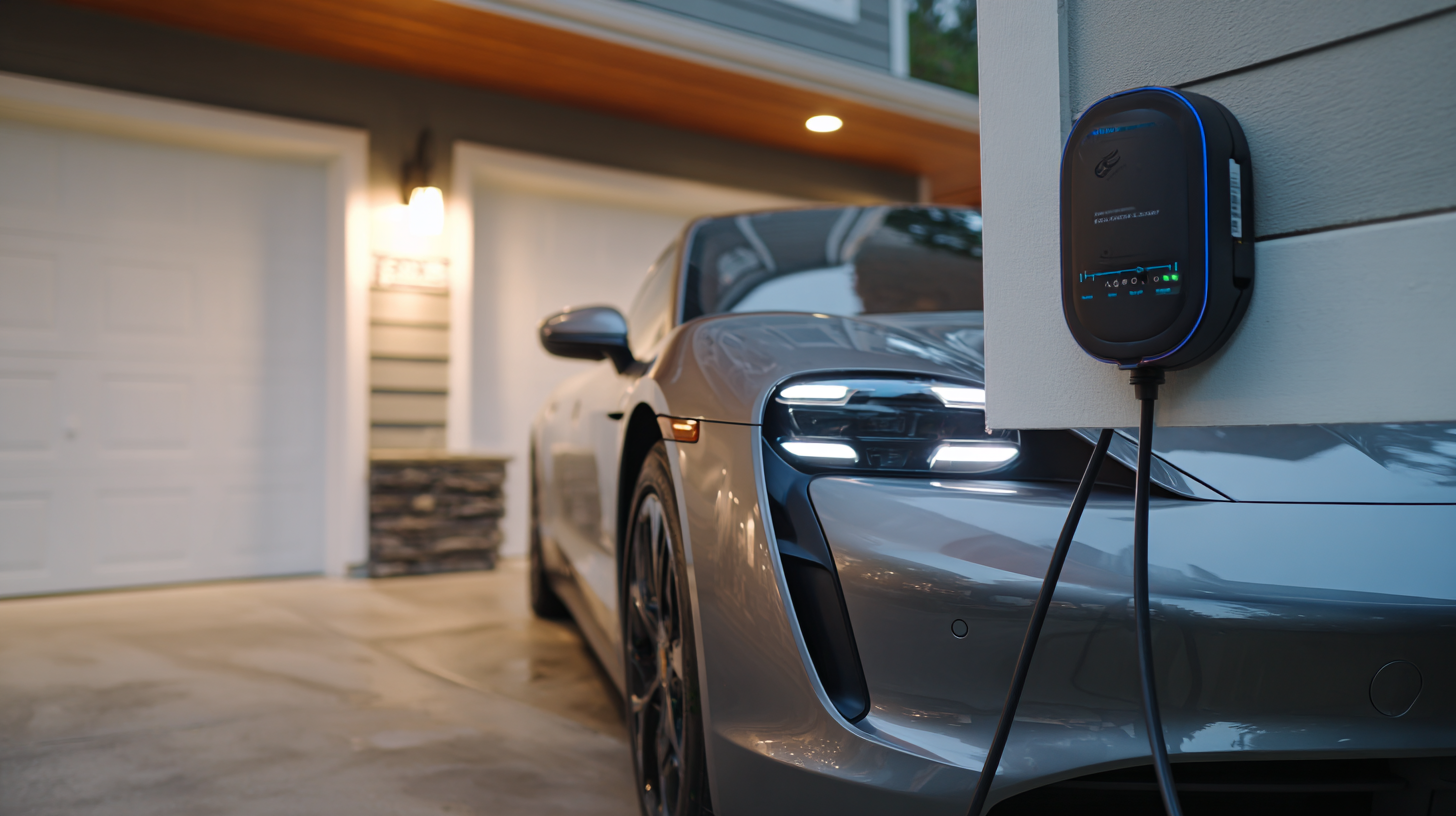
Tips: When selecting your charger, ensure that it aligns with your vehicle's specifications. Additionally, think about your daily driving habits. If you frequently make short trips and return home each day, a standard Level 2 charger should suffice. However, if you have longer commutes or plan to take road trips, investing in a faster charger with higher output will make your life significantly easier. Always prioritize chargers with smart features that allow for scheduling and energy management to maximize efficiency and offset electricity costs.
When selecting a home electric car charger, understanding the installation requirements is crucial. First, evaluate the electrical capacity of your home. Most electric vehicle (EV) chargers require a dedicated circuit, so ensure your electrical panel can support the additional load. If it's outdated or lacks the necessary amperage, you may need an electrician to upgrade the system, which could involve significant costs.
Tips: Begin by checking the amperage of your current electrical panel. If your home is older, it may be wise to consult with an electrician early in the process to gauge what upgrades might be needed.
Moreover, consider the placement of the charging station. Proximity to your parking area, accessibility, and whether the cables can reach the vehicle without putting strain on them are vital factors. You should install the charger in a location that's sheltered from extreme weather to prolong its lifespan.
Tips: Plan the installation site with future accessibility in mind. Choose a spot that not only works for your current vehicle but can accommodate potential future models as well.
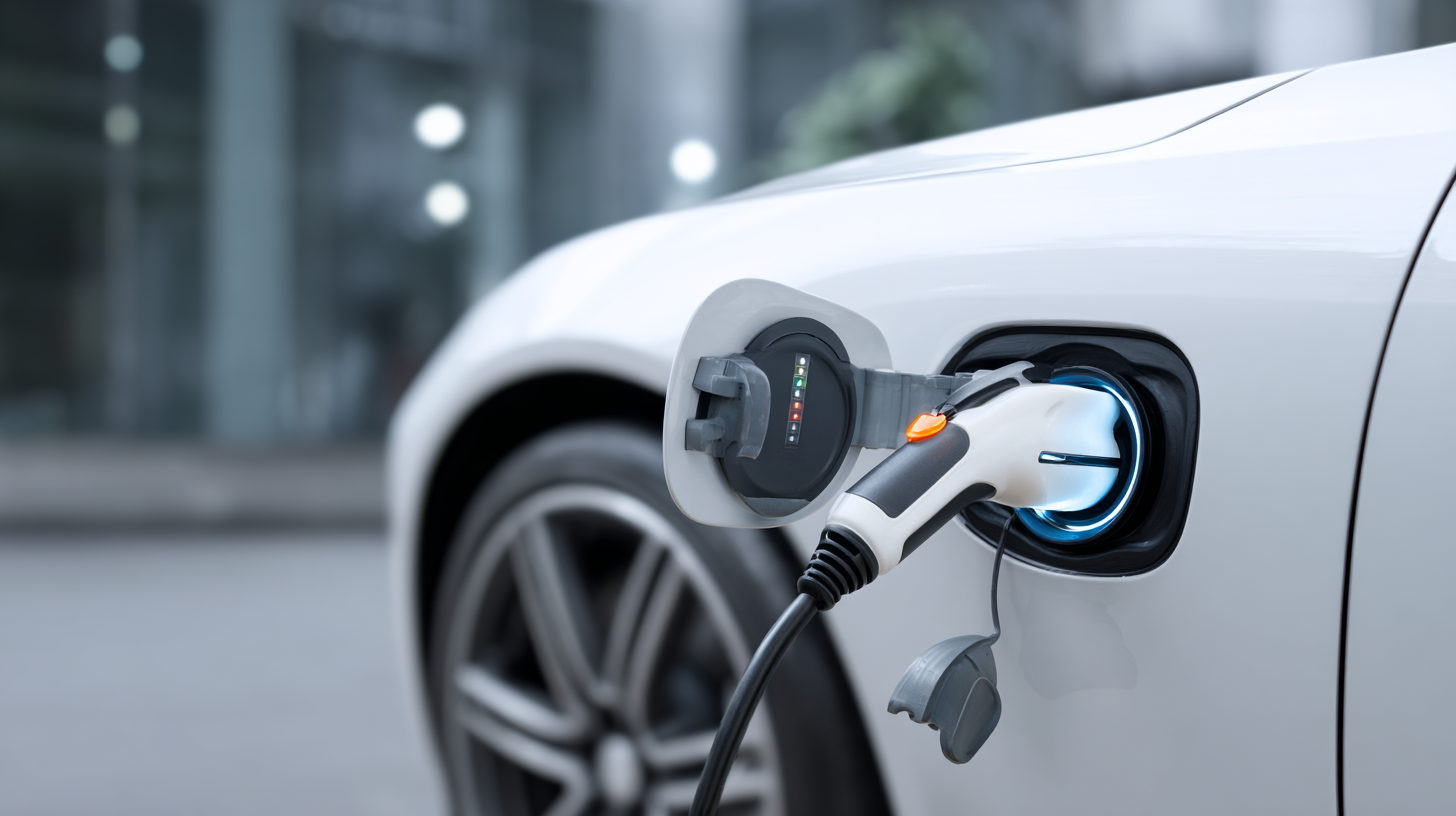
When selecting the best electric car charger for home use, it's essential to compare various models based on costs and features. The market offers a wide range of options, from Level 1 chargers, which typically cost less but provide slower charging speeds, to Level 2 chargers that can significantly decrease charging time at a higher initial investment. Understanding your vehicle's charging capability will help determine which type suits your needs. For example, if you own a car that supports faster charging, investing in a Level 2 Charger can be more efficient in the long run.
In addition to charging speeds and initial costs, consider the features that may enhance your charging experience. Many popular models offer smart capabilities, allowing remote monitoring and scheduling of charging times through mobile apps. Others might include built-in safety features, such as surge protection and weather resistance, which can add value in terms of durability and reliability. Evaluating these factors will ensure you choose a charger that not only meets your car’s requirements but also aligns with your lifestyle and budget.
